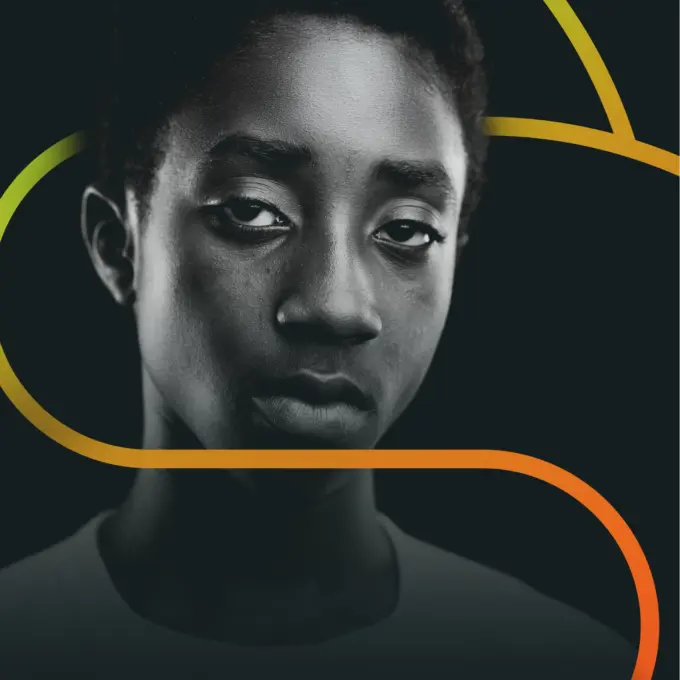
New Relationship & Sex Education Guidance Is a Step Forward – But We Still Have a Long Way to Go
Last week, the government released its updated guidance on relationships and sex education (RSE). The guidance now includes explicit educational requirements around misogyny and Violence Against Women and Girls (VAWG) reflecting growing concern across the UK.
In 2024, the National Police Chiefs’ Council declared VAWG a national emergency, and later that year the government classified misogyny as a form of extremism. But for many, it was the Netflix drama Adolescence that brought these issues into focus. While it is a drama, the storyline of Adolescence is very real, and for those who work directly with young people, the school-based episode was an all too familiar scene of overworked teachers and overlooked issues between peers resulting in ‘banter’ to escalate to tangible violence.
The new guidance makes some significant improvements, but it’s not without its shortcomings.
Primary Education: A Missed Opportunity in a Digital Age
For primary-aged children, the guidance focuses on respect, healthy relationships, and understanding bullying. While these are vital, they are not equipping children with the tools they need in today’s digital world.
We know that
percent of children in the UK have seen pornography by the age of 11
Yet, the guidance's language around this topic is vague and permissive:
“Schools may decide to discuss the pressure to share naked images”
“There may also be cases, such as when they know that pupils have seen pornography.”
A common fear is that talking about pornography will encourage curiosity, but research consistently shows this isn't the case. Avoiding the conversation will not stop exposure but could result in children accessing harmful content without support.
Secondary Guidance: A Step Forward with Digital Awareness
The updates for secondary school are a positive step forward. The guidance now recognises emerging digital threats like AI, deepfakes, and mis/disinformation, and it encourages the development of critical thinking in navigating relationships, consent, sexual ethics and acknowledgment of the spectrum of sexual harassment which can affect all genders.
This is especially important given the growing volume of misogynistic content being pushed to young men through short-form videos. Helping young people pause, reflect, and critically assess this content is essential in countering harmful ideologies.
Stigmatising Boys or Avoiding Accountability?
Despite good intentions, the guidance falls short in framing some of these complex issues. While it rightly includes misogyny and the so-called ‘manosphere’, the repeated reminders to not “stigmatise boys” feel uncomfortably close to the "not all men" narrative.
Of course, no one wants to stigmatise boys, but the reality is that sexual violence is disproportionately perpetrated by men. We need boys and men to be part of the solution: compassionate, self-reflective, and willing to hold each other accountable.
Avoiding difficult truths doesn't protect boys - it leaves them vulnerable to the very ideologies we want to challenge.
Reframing through the lens of understanding patriarchy, its history and how it has come to keep many oppressed, would give context and shift away from placing blame at the young men in our society today.
The Missing Piece: Intersectionality
There's no explicit mention of how gender, race, sexuality, disability, and class intersect to shape young people’s experiences of relationships and sex, and how those within marginalised communities are disproportionately impacted by sexual violence and misogyny.
We know that young people have the capacity to engage in these nuanced themes and already make these connections in their own lives, we need to give them the tools to explore their curiosity responsibly.
Engaging Boys with Empathy
Many young men fear discussing misogyny and so-called online influencers due to fear of judgment or punishment from adults. This silence only reinforces the isolation and harmful messaging found in the so-called manosphere.
We need to create non-judgmental spaces where boys can ask questions and express curiosity, even if it makes us uncomfortable.
This vulnerability is the kind of role modelling young people need from the adults in their lives, with the guidance outlining the importance of positive role models of all genders.
The only way we tackle misogyny is together.
Support for Schools
Finally, while the guidance notes that schools “may” choose to outsource, the expectation remains largely on educators - many of whom don’t feel equipped. In my own research, 67% of teachers reported feeling underprepared to deliver meaningful education on harmful sexual behaviours.
We now need the government to announce funding for schools to bring in specialist educators - professionals trained to tackle these issues with nuance, compassion, and confidence.
If we want to build a future where all young people can have safe, respectful, and healthy relationships, we need to go further. We need to name systems of inequality, trust young people to handle complexity, and give educators and parents the tools they need to support them.
*This blog was written by Felicity, Safer London's Expert Development and Delivery Caseworker, part of the Positive Relationships and Sexual Behaviours team.

With your help, we can continue creating spaces where young Londoners are heard, valued and empowered to shape their futures.
Make a difference now
Donate